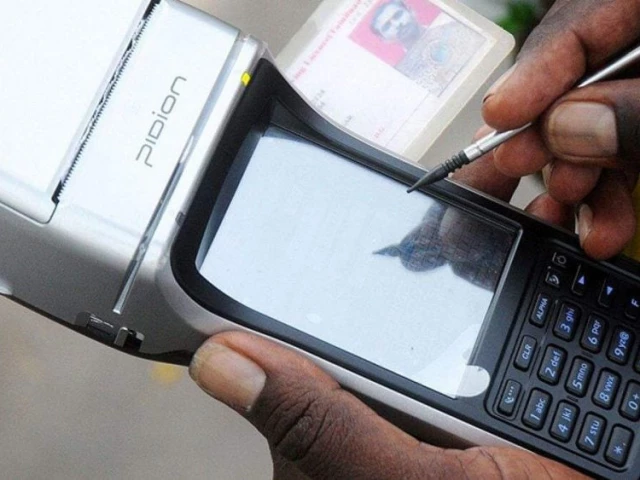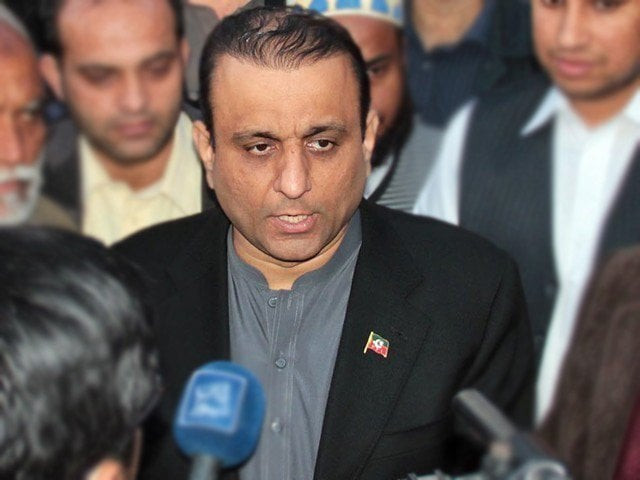The Latest from Khyber-Pakhtunkhwa: PTI’s New Movement and Imran Khan’s Dialogue
In the bustling political landscape of Pakistan, Khyber-Pakhtunkhwa Chief Minister Ali Amin Gandapur recently made headlines by emphasizing that Imran Khan, the founder of the Pakistan Tehreek-e-Insaf (PTI) party, is open to discussions with those who truly wield power in the country. This comes as PTI gears up for a nationwide movement aimed at restoring democracy and securing Khan’s release from legal troubles.
During a press conference in Lahore, Gandapur stressed that Khan’s willingness to engage in dialogue is contingent on speaking with individuals who hold actual decision-making authority. He bluntly stated, “Dialogue will only happen with those who hold the mandate.” This highlights the party’s intent not just to rally support, but to directly address the power structures within Pakistan.
PTI’s movement is set to reach a major milestone on August 5, as Gandapur announced a structured 90-day campaign. He firmly articulated that this campaign is not merely a political maneuver but a necessary fight for the constitutional rights of the people. “By August 5, we aim to take this movement to its peak,” he asserted.
Interestingly, Gandapur didn’t hold back when critiquing rival politicians, particularly targeting JUI-F chief Maulana Fazlur Rehman. He challenged Rehman to face his brother, Faisal Amin Gandapur, in a by-election, promising to quit politics if he lost. This kind of political drama is not uncommon in Pakistan, where rivalries can often take center stage.
The climate is charged, as Gandapur accused the government of enforcing a “fascist crackdown” on PTI supporters, citing numerous instances of party workers facing wrongful detention and torture. This claims a powerful narrative in a country where political sentiments run deep. He argued that such actions are simply backfiring, as public awareness of these issues rises.
Adding to the gravity of the situation, Gandapur insisted that there’s no legal basis for the cases against Khan, pointing to a lack of evidence in the courts. “The courts haven’t proceeded because there’s nothing to proceed with,” he stated, reinforcing the narrative that the state is overstepping.
While Gandapur acknowledged internal disagreements within PTI, he dismissed rumors of division, attributing them to “decision-makers” aiming to weaken the party’s resolve. The message is clear: PTI stands united for a common cause — Imran Khan’s release and the restoration of democracy in Pakistan.
In today’s complex political environment, the role of state institutions is also under scrutiny. Gandapur condemned these bodies for abandoning their responsibilities and instead targeting political players. The narrative is poignant, as he argued that these institutions have become the most prominent actors in the country’s politics.
As the movement continues to unfold with spirited rallies and press conferences, it’s clear that the PTI is not backing down. The demand for Khan’s release has morphed into a national call for justice, resonating with a broad spectrum of the populace.
For anyone interested in the dynamics of Pakistan’s political scene, this situation offers critical insights. The unfolding events not only define the future of political parties like PTI but may also shape the democratic framework in Pakistan. If you want to stay updated on this and other important topics, feel free to connect with Pro21st for more engaging insights!
At Pro21st, we believe in sharing updates that matter.
Stay connected for more real conversations, fresh insights, and 21st-century perspectives.





